Posts By marinamclaren
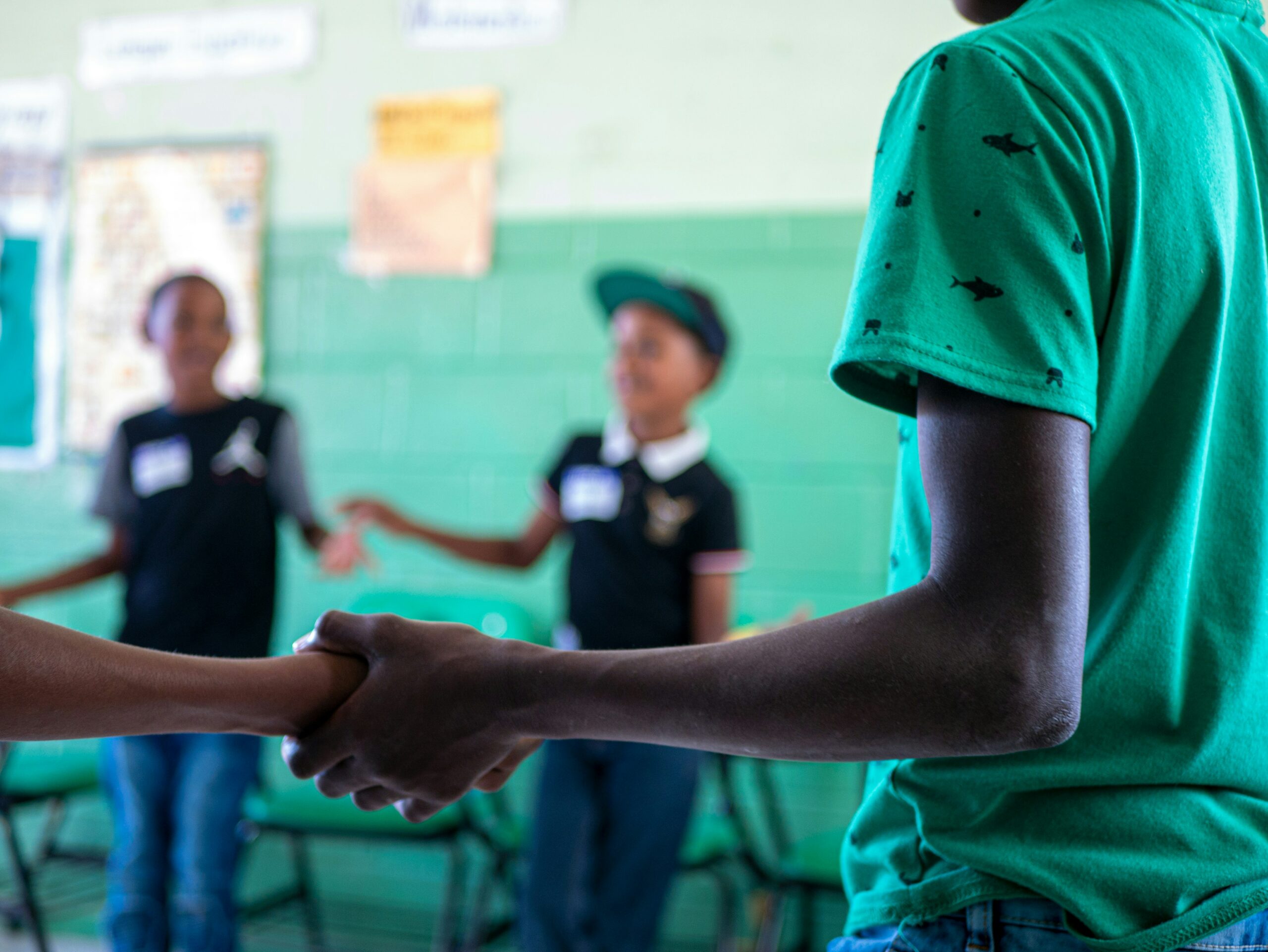
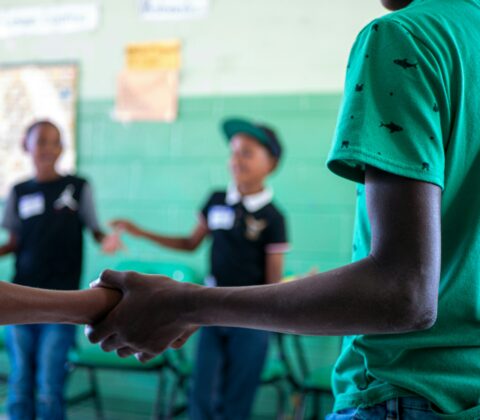
Blog post #2: Explorations into drama-based pedagogy and constructivism
Pedagogy is one of those words I’ve heard again and again throughout my degree, but I never completely understood what it meant. Now that I understand the meaning, I’ve realized that it’s a topic I think about often. I believe that using art as a form of pedagogy, specifically drama or theatre, can create engaging learning environments where students are eager to learn. While there is a time and place for lectures and desk work, I believe that hands on activities and group work are highly effective pedagogical tools. There is evidence that methods such as drama are useful in contexts past just drama; for instance, from topics ranging from math to social emotional development. This study from the review of educational research found that drama-based pedagogy had positive effects on students’ achievements in science, foreign language learning, and math.
Here is a video of drama-based pedagogy in action, where the teacher is using drama exercises to energize the students so that they are more motivated to learn:
Throughout my degree, I’ve focused a lot of my studies on drama in education, and for this reason, I’m a strong believer in the use of drama in the classroom for any age group, including college. In some of the drama in education courses I’ve been in, my professor would use drama to educate us, and I found this highly effective personally.

I believe that networked pedagogy can enhance learning experiences for similar reasons that drama creates positive learning experiences. Collaboration is a constant source for positive learning, and what better way is there to collaborate than through the internet?
Over the summer, I took some online, asynchronous summer courses. In these courses, I was involved in many group projects which required me to communicate and interact with students in my class online. It was incredible how well we could work together when we were physically apart, and through this experienced I learned the true power of networked learning. Rather than working in an isolated online environment, I felt I could find so many resources through my communications with my peers. I think this was fostered by my professor’s emphasis on group learning throughout the courses; while many asynchronous classes feel isolated, these did not because of the use of networked pedagogy.
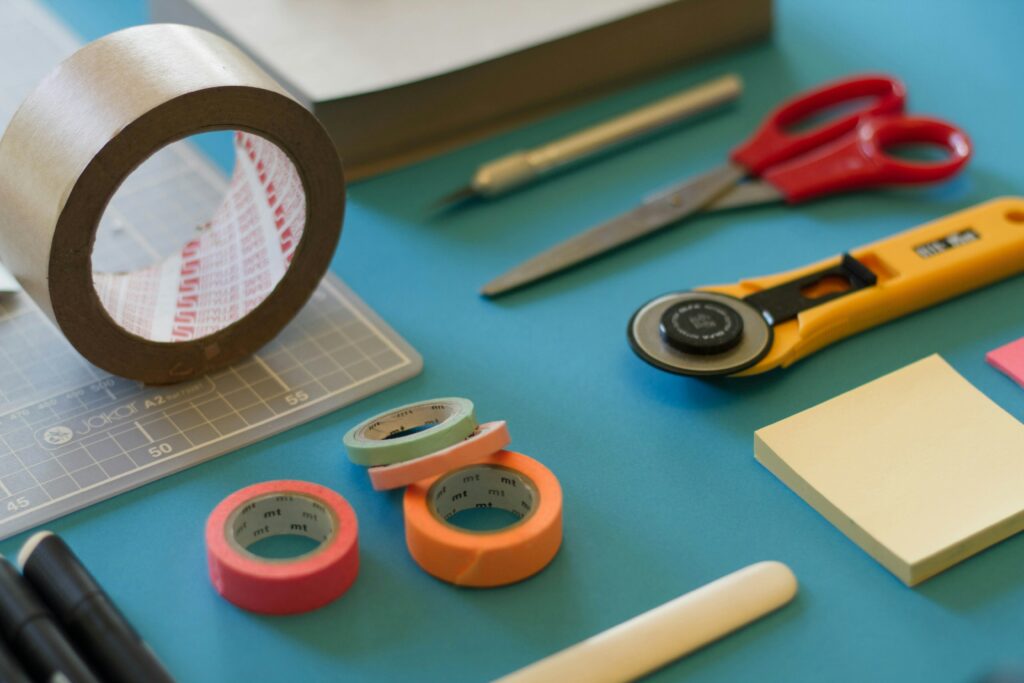
A learning theory that resonated with me was constructivism. In grade school, I loved project based and inquiry-based learning, as my style of learning is very hands on- I like to learn through doing. These types of projects allowed for me to be curious, and explore topics in the curriculum in my own way. For constructivism to be applied to an online learning environment, large projects such as capstones may be a useful method. Students could work on a large project throughout the semester and present it at the end. This kind of project could easily be a group assignment, and through technology, groups could collaborate and research together to build their own understandings of the topic collaboratively. Here are an example of some online capstone projects from the Master of Educational Technology and Applied Learning Sciences at Carnegie Mellon University.

Today, my understanding of pedagogy is always evolving. I have many aspirations for how I will approach teaching in the future, and a lot of my ideas involve hands-on, collaborative learning that fosters excitement and genuine curiosity.
About Me
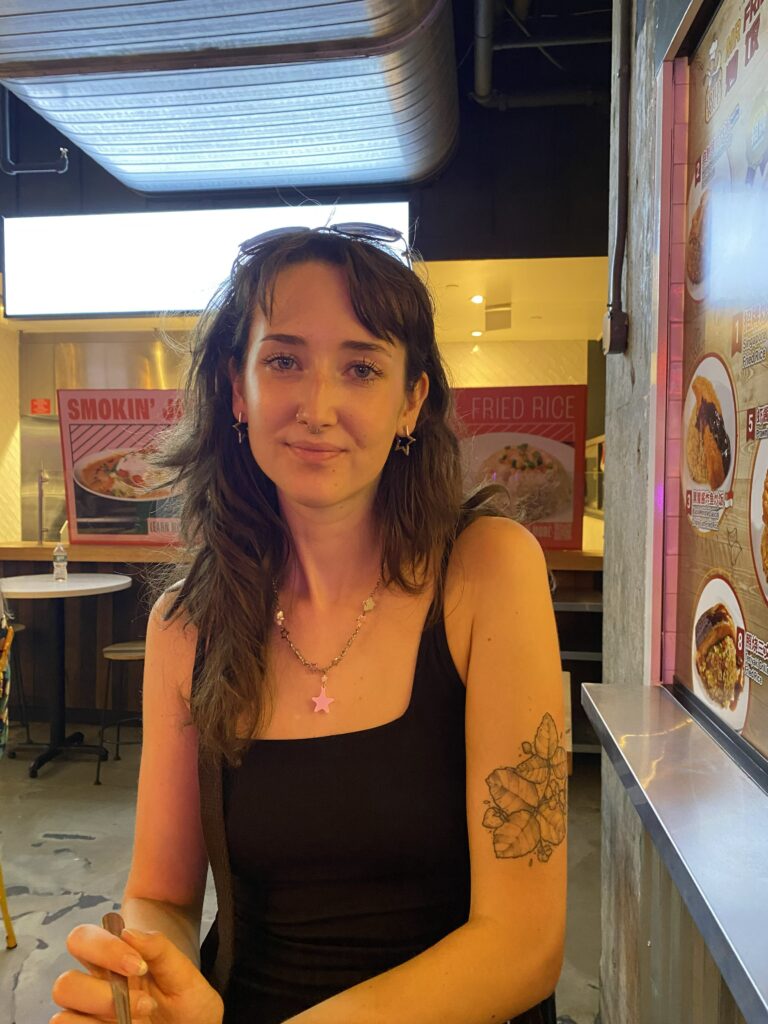
Hi! My name is Marina McLaren, I’m 22 years old and I live in Victoria BC with four roommates. I am a 5th year theatre major who loves creating art and working with kids. My goal is to become an elementary school teacher. In my free time, I love to read, watch movies, go to the beach, and cook/bake. I also love music (singing and listening), as well as drawing and painting.
This is my last semester at Uvic, after which I will be applying for the Uvic Post degree program for elementary education. Before that though, I am planning on going backpacking around South-East Asia for three months. I currently work at an out of school care with children aged grade K-5, which I really love as I am always learning strategies for better teaching practices.
Blog Post #1
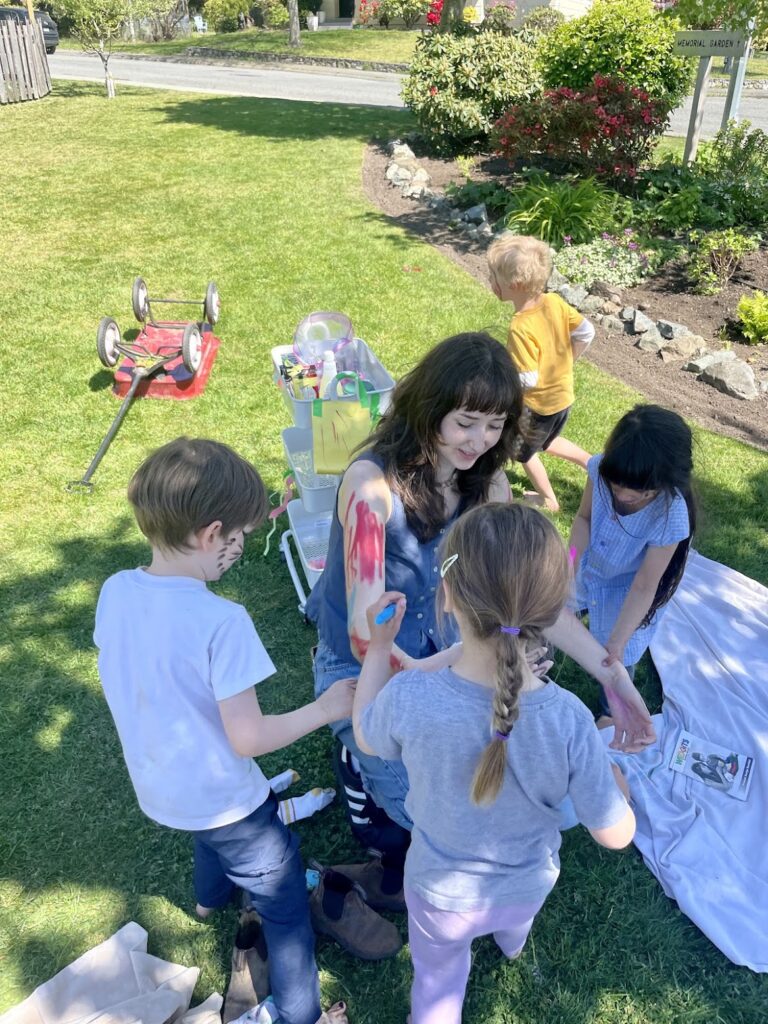
Hello, my name is Marina McLaren. I am twenty-two years old, and I am currently finishing up my BFA in Theatre. I am very interested in education, particularly using drama or theatre as an educational tool. My goal is to become an elementary school teacher, and I will be applying to the elementary education PDPP at UVic after I finish my degree. I currently working for two different out of school cares as a leader, and I am really enjoying learning how to lead and teach through first-hand experience.
I started my degree in 2020, so my entire first year of university was online. Some of my classes were asynchronous, but most of them were synchronous. It was a hard year, because I felt disconnected from my peers, and since it was my first year, I felt very scared and alone. However, I was amazed at the ability of technology to allow us to learn from a distance, especially in a degree like theatre, where distributed learning seemed like a difficult challenge.
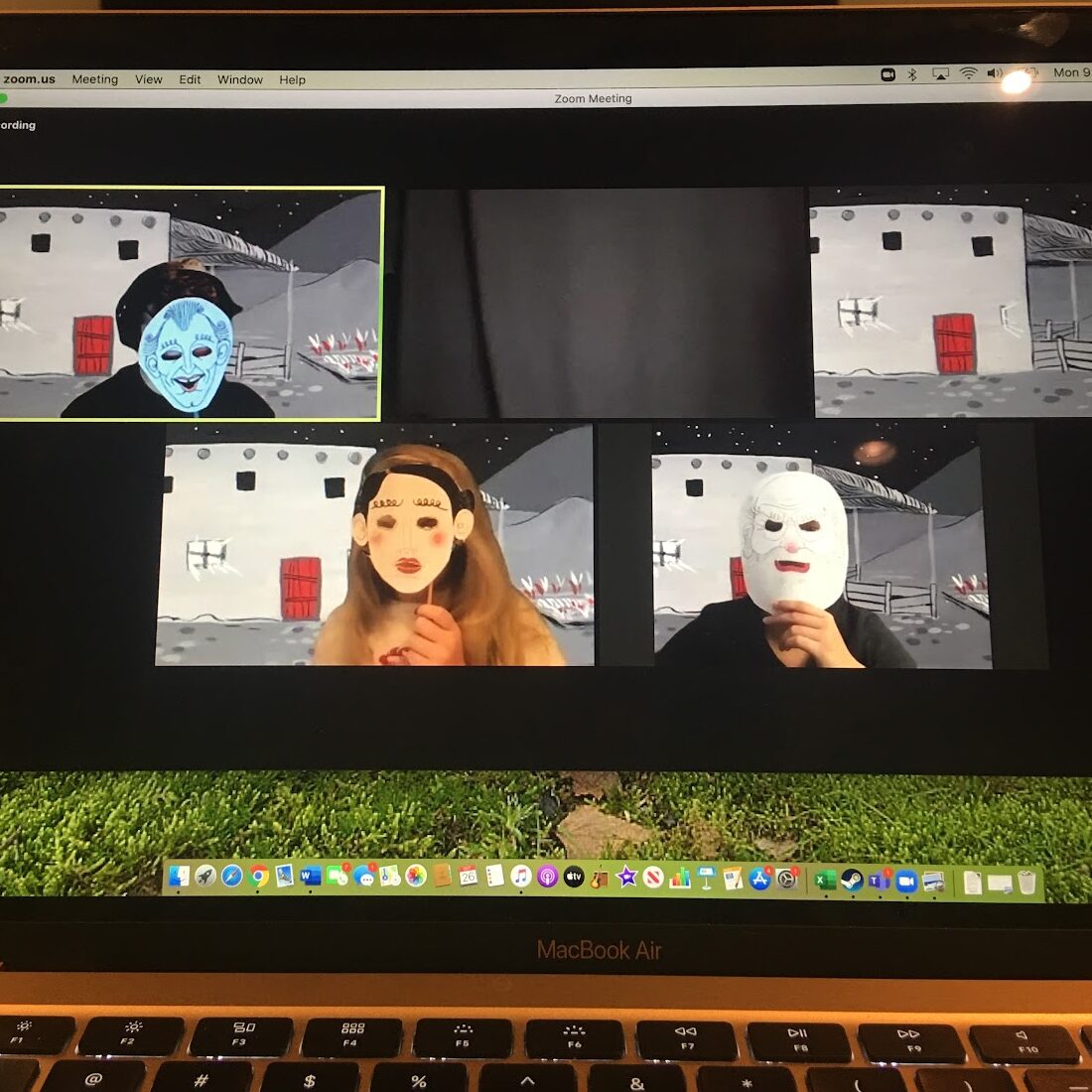
One thing I noticed during this completely online learning period, was that digital literacy was a very important skill to possess. Many students and professors, had to improve their digital literacy skills quickly in order to keep up, which was frustrating. However, the students who were already digitally literate were able to excel. Thinking about my first year causes me to wonder how we can all access resources to become more digitally literate, because as Shauna Begley reminds us in her Ted x talk: “Be confident that if you are not digitally literate today, it is entirely possible for you to be so in the future.” It is possible for anyone to learn, so how can we make digital learning more accessible? These are questions I do not yet have the answers to, but I hope I will by the end of this course.

When I think about different modes of learning, there are different reasons why I like or dislike each one. For instance, face-to-face learning offers community and connection, which can help build confidence for the learners as they build friendships with one another and help each other solve problems. But there are also reasons why online learning can be a very effective mode. For example, this semester my schedule is so busy that I don’t have time in my schedule for very many face-to-face classes. Since I have the option to take online courses, I can fit everything into my schedule without issues. As for the pros and cons of asynchronous versus synchronous learning, I think that it is very dependent on the learner; some learners do very well will self-paced and independent work, while others struggle more if they do not have the structure of scheduled lectures or lessons.